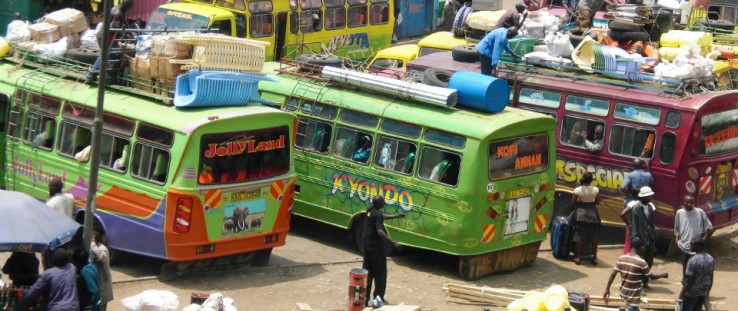 Kenya's notoriously dangerous matatus
Elinrei
Kenya's notoriously dangerous matatus
Elinrei
 Kenya's notoriously dangerous matatus
Elinrei
Kenya's notoriously dangerous matatus
Elinrei
In sub-Saharan Africa, traffic deaths are the leading cause of death for people ages 15-29, the second leading cause of death for people ages 5-14, and cost the region $10 billion annually.
In Kenya, for example, “14 Killed in Crash” is a common headline describing accidents involving 14-passenger minibuses, known as matatus. While matatus are notoriously dangerous, these 50,000 vehicles serve as the main transportation within large cities and across much of the country. Solutions to this road safety problem in Kenya and beyond, like building guardrails or traffic enforcement, are often extremely expensive.
In 2009, Georgetown University researchers devised an experiment to see if simple messaging could help save passengers’ lives. Motivational messages encouraging passengers to “Speak up!” against dangerous driving were pasted in the passenger cabin of minibuses. To encourage drivers to keep the stickers in place on buses, the researchers ran a weekly lottery with winnings of $60 (equivalent to roughly one week’s wages). Drivers were eligible to receive the prize if they had retained the stickers in their vehicles.
The researchers’ two-year pilot study, which involved 2,400 vehicles, showed striking results. The stickers were posted inside a random selection of 1,200 minibuses. Compared to rates for 1,200 buses without stickers, road accident insurance claims fell by half, and claims involving injury or death dropped by two-thirds.
With $290,000 from IDEA/DIV, the researchers are now expanding the pilot to reach approximately 10,000 minibuses in Kenya, testing different messages and different media techniques to gauge the effectiveness of each over time.
It is estimated that there are over 40,000 minibuses operating in urban and rural areas of Kenya. More than 300,000 people take public transportation every day. If the results of the pilot expansion are as promising as the initial results, Kenya’s leading insurance company for minibuses is ready to fund and scale the campaign as it will both increase profits and save lives.







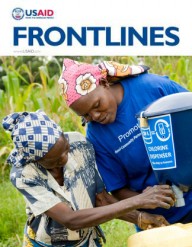

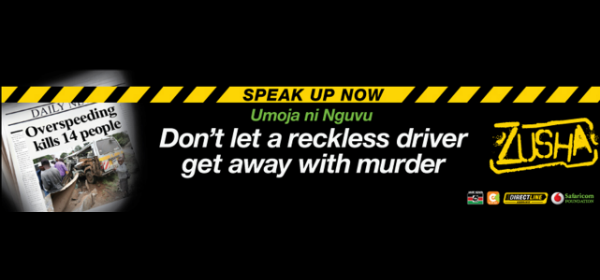
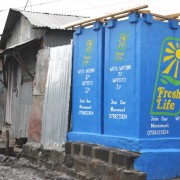
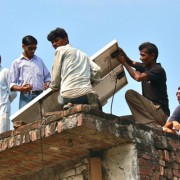
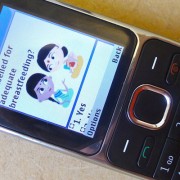
Comment
Make a general inquiry or suggest an improvement.